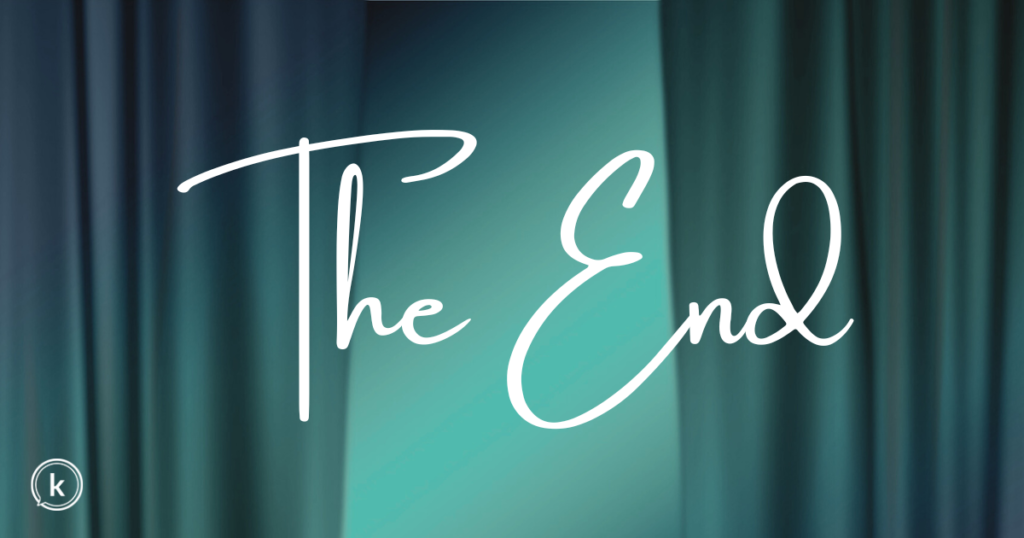Public speaking
How to set your speaking fee (with a free calculator)
It’s one of the most common questions I’m asked by clients: how much should I charge to speak?
For those who are legitimate experts in their fields but don’t earn their living as a professional speaker, setting a fee for speaking outside their organization is understandably difficult.
Price too low and the perceived value of your expertise is diminished.
Price too high and your proposal might be declined.
If you know the amount that’s been budgeted for speaker fees, it’s simple. But speakers don’t usually have access to that information, so we need to account for some variables to arrive at a reasonable starting point for negotiating the fee. We’ll view this from two angles: the event side and the speaker side.
Read MoreHow to be a memorable presenter
Quick: what’s the thing you remember most about the last presentation you heard?
Maybe it was yesterday’s company meeting? Last Sunday’s sermon? Or the keynote from a conference you just attended?
What do you recall from the presentation you heard?
I’ll wait while you think. [Cue the Jeopardy theme song, please.]
Despite not being able to hear your answers, I’m willing to wager that—if you remember anything from the last presentation—the reason you remember it is the same reason anyone remembers anything.
Read More6 public speaking lessons from “I have a dream”
Dr. Martin Luther King, Jr. was undoubtedly one of the greatest orators in history. Though his legacy is far more encompassing than his speaking proficiency (and we have yet to fully realize his dream), his ability to communicate that dream played an enormous part in the progress made toward it.
His labors were tireless. He spoke often, in one-on-one conversations, smaller groups, and to the masses. Let’s refrain from reducing his effort to merely the most famous of his speeches while also learning what we can from its message (as people) and its content and delivery (as speakers).
Read MoreHow to talk to each other at Christmas
Mary and Joseph. Joseph and Mary. We talk about them like an old married couple.
As two pivotal “characters” in the story of the Bible, we mention both when we reference either, almost as though they’re a single name or unit—which in some ways they are. But we mustn’t forget that they were two distinct and very real people. And their experiences as the humans who raised Jesus were entirely different from the start.
It shouldn’t surprise us, then, that God revealed His astonishing plan to them individually—and in ways that honored that they needed to hear it differently, too.
Read MoreWhat working with a speaker coach says about you
I was utterly surprised. So much so that I didn’t even object to what she’d just said.
I’d been coaching some speakers for an event and the coordinator said the committee planned to acknowledge me at the event but that they’d decided not to mention how I’d been involved. They didn’t want the speakers to be embarrassed that they’d had a coach.
Is working with a speaker coach embarrassing?
Read MoreWhy clarity and concision are the keys to impactful public speaking
One might say the 1864 election was determined by the ability to distill a message to its very essence.
Abraham Lincoln was part of a three-way race against George McClellan and John C. Freemont. The electoral vote would be spread across three viable contenders, making each state’s vote critical. And the then-territory of Nevada was set to vote for Lincoln… IF they could become a state in time for the election.
Nevada approved their state constitution on September 7, 1864 and (to insure at least one would be received) sent two copies to Washington, D.C.: one by boat (by way of San Francisco and Panama) and the other by stagecoach and train. The transit time would take between 20 and 25 days. Alas, word came back via telegraph on October 25th that neither missive had reached the capitol.
To be admitted to the union in time for the election—now less than two weeks away—they’d have to transmit the state constitution (175 handwritten pages!) by telegraph.
Read MoreHow to dress for public speaking success
Whether they’re delivering a TEDx talk, speaking at a conference, or presenting to colleagues, many of my clients want to know how to dress for their big presentations. That’s a reasonable question. But today’s audiences rightly value authenticity over appearance, which begs a different question: does what we wear when presenting even matter?
My answer?
No.
Maybe.
And yes. (But not for the reason you’d think.)
The No: Why your attire doesn’t matter
Read MoreHow (not) to end your presentation
Great stories deserve great endings.
We demand great endings from movies. We criticize them to no end when they don’t leave us with a sense of closure. Granted, some screenwriters strive to agitate their audiences with some form of an unforgettable cliffhanger (looking at you, Inception). But for the most part, the stories we love typically end with resolution that leaves us feeling satisfied. Even Sixth Sense, with its mind-bending conclusion, affords watchers some sense of restored world order.
Audiences need that same sense of resolution from our presentations. Yet too many speakers (founders, especially) abruptly arrive at their last slide and say “yeah, uh, I guess that’s it” or “any questions?”.
If Gone with the Wind or Indiana Jones and the Raiders of the Lost Ark had left off the way most presentations end, we wouldn’t still be talking about them decades after their release (at least not positively, anyway!).
While we’re not trying to win an Academy Award with our presentations, we do want them to be memorable. And that means adhering to a storytelling structure that includes an effective ending.
The psychological principle of recency underscores why this is so important: we remember best what we heard last. If the last thing your audience hears is an ambiguous, lackluster version of “the end” (which sounds a lot like “I’m out of slides”) then that’s what they’re going to remember. And that, my friends, is not the way to persuade or inspire anyone to do anything.
The saddest part is how easily this can be corrected.
Read MoreHow to sound more confident when speaking and presenting
If giving a presentation or speech makes your knees knock and your stomach flip, you’re in good company. Feeling nervous when speaking in public is an extremely common challenge. Yet we don’t want our nerves to impede our ability to communicate… we want it to be easy for our audience to understand and act on our message. Even those who do feel comfortable speaking and presenting might not be signaling confidence with their speaking style. Since our stakeholders weigh the merit of our ideas partly based on how credible they find us, portraying confidence is vital to the success of our message.
There are a variety of physical and audible ways to develop and portray a greater sense of confidence when presenting. This article will focus on the latter: what our audiences hear in our voices. If you’re not sure whether you’re conveying confidence with your voice (or body), ask for feedback from some trusted sources and/or watch some video footage of a recent presentation you’ve given.
Ever wondered…
…why your voice sounds so different on a recording? When we hear ourselves talk real-time, we hear the sound waves through both bone conduction and air conduction. We hear others (or recordings of ourselves) only through air conduction.
If you’d like to sound more confident than you currently do, use the following tips to bolster the quality of your audible communication. These tools will help in all communication scenarios: one-on-one conversations, roundtable meetings, and in front of larger groups, whether virtual and in-person.
Read MoreHow to know your audience (and why you should)
He just wanted to be done.
Kevin had spent weeks working on his presentation before working with me. I understood why he was anxious to wrap up the content development process and move on to crafting the deck and practicing delivering the presentation itself.
But it was imperative that we stop and think about his audience before moving forward.










